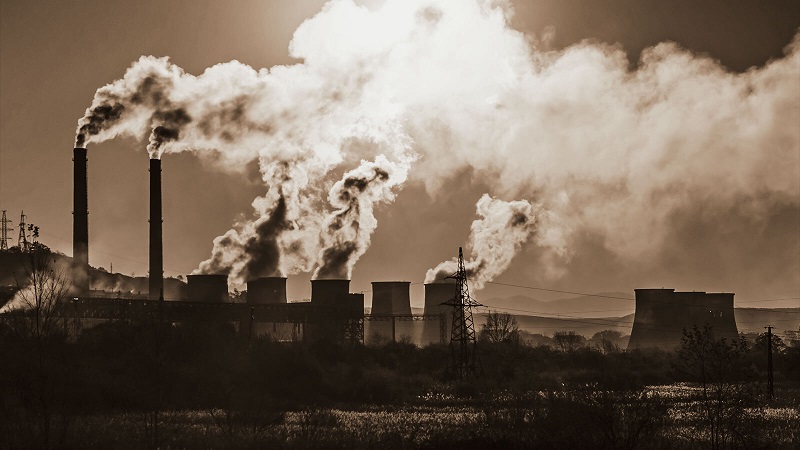A team of chemists from the University of New South Wales (UNSW) in Australia has devised a new method of recycling potent fossil fuel, methane, by binding it to a rare chemical element.

The findings published in Nature Chemistry journal on Wednesday, June 29, 2022, revealed new potential to transport, store or transform methane which would play a major role in minimising worldwide wastage of methane, or natural gas.
Lead author James Watson from UNSW School of Chemistry said the breakthrough saw methane bind to osmium for hours.
Watson said in the past it could only be held in a stable bond for microseconds.
“We have found that methane, which is generally inert, will interact with an osmium-metal centered species to form a relatively stable osmium-methane complex.
“Our complex has an effective half-life of around 13 hours,’’ said Watson.
This relatively long lifetime means Watson and his team could analyse the compound using nuclear magnetic resonance (NMR) spectroscopy, which would allow them to understand its formation, reactivity and structure.
Hopefully it would develop a way of transforming the methane.
Methane is both a potent fuel source and greenhouse gas, which is estimated to be 25 times as potent as carbon dioxide at trapping heat in the atmosphere.
Methane was released through a variety of processes but in particular was a by-product in oil production.
Co-author UNSW Associate Professor, Graham Ball, said this was the latest step in making the conversion of excess methane into usable fuel economically viable.
“One way of converting methane to liquid fuels is through the use of catalysts that contain transition metal elements.
“Liquid fuels are easier to transport and would be easily integrated into our existing fuel infrastructure E10 petrol already has 10 per cent ethanol,” Ball said.
The team hoped that the discovery would inform the design of next-generation catalysts to harness the untapped energy of methane while preventing it from exacerbating global warming.
